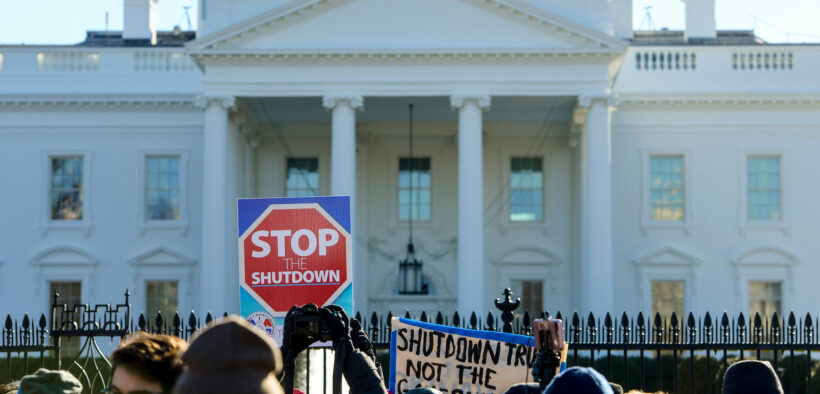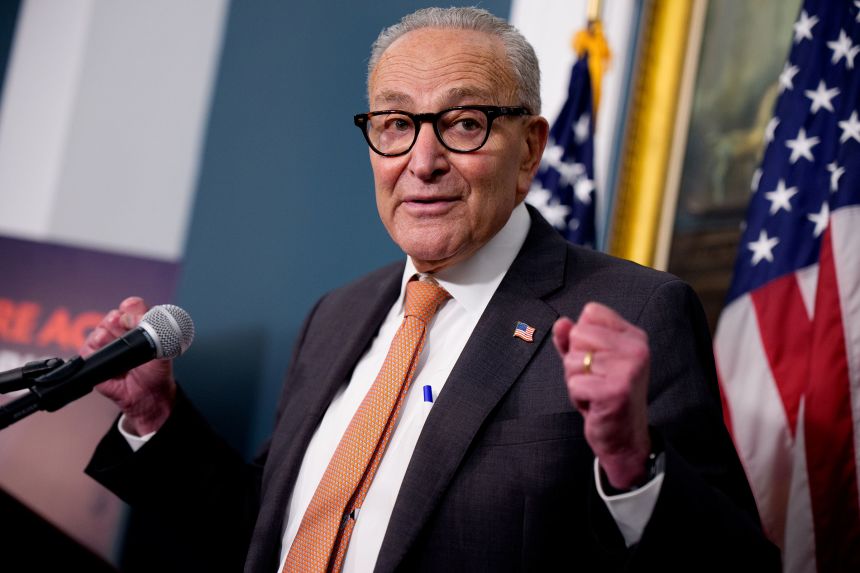Government Shutdown Reaches 31 Days as Millions Risk Losing Food Assistance
Share

The government shutdown has entered its 31st day, pushing millions of Americans to the edge of economic uncertainty and threatening the suspension of critical food assistance benefits starting November 1. As negotiations continue to stall in Washington, working families, especially those in low-income and minority communities, face the growing fear of going without the basics.
At the heart of the crisis is a funding stalemate that has paralyzed large portions of the federal government. President Donald Trump has urged the Senate to eliminate the long-standing filibuster rule, which currently requires a 60-vote threshold to advance most legislation. He argues that doing so would allow his administration and allies in Congress to pass a budget resolution with a simple majority, effectively ending the shutdown.

But opposition remains strong. Lawmakers on both sides of the aisle have warned that removing the filibuster could deepen partisan divides and damage the Senate’s tradition of compromise. Meanwhile, the political standoff shows no signs of resolution, leaving federal workers, contractors, and millions of SNAP recipients in limbo.
According to the U.S. Department of Agriculture, funding for the Supplemental Nutrition Assistance Program (SNAP) could run out if the shutdown continues into November, putting food security at risk for families already struggling with rising costs. For many households, especially in predominantly Black and working-class communities, SNAP is a vital lifeline that helps ensure children and seniors don’t go hungry.

Across the country, food banks are bracing for increased demand as uncertainty grows. Local nonprofits and churches have begun organizing emergency drives to prepare for the possibility that federal food assistance could be delayed or disrupted. “We’re preparing for the worst,” said one community organizer in Atlanta. “When Washington stops working, it’s our communities that feel it first.”
The economic ripple effects are already visible. Federal workers have missed multiple paychecks, small businesses tied to government contracts are losing revenue, and entire sectors, from transportation to public safety, are feeling the strain. As pressure mounts, the debate over the filibuster has reignited broader conversations about how political gridlock disproportionately harms America’s most vulnerable citizens.
For many, the shutdown isn’t just a headline, it’s a harsh reminder of how policy decisions made in Washington directly impact everyday life. The tension now lies between preserving institutional rules and responding to an urgent humanitarian crisis. With food security for millions hanging in the balance, the stakes could not be higher.
Until leaders reach a compromise, families across the nation, and particularly within Black and underserved communities, will continue to bear the weight of political dysfunction. Each passing day adds to the cost, and this time, the price could be hunger.






